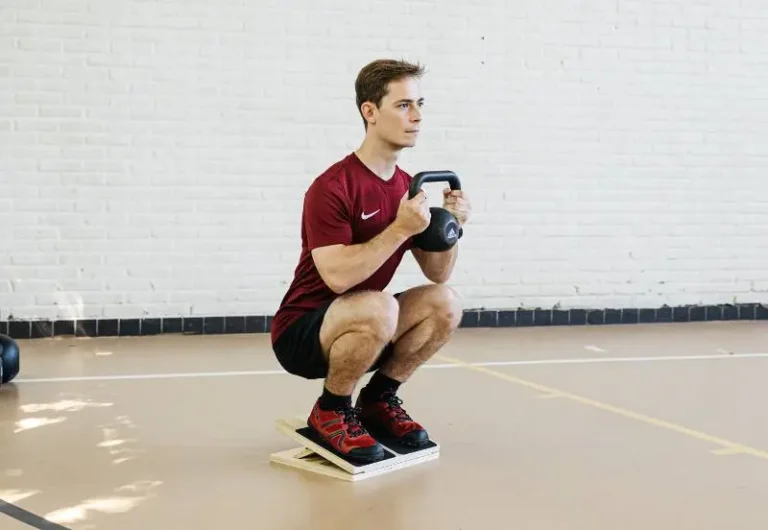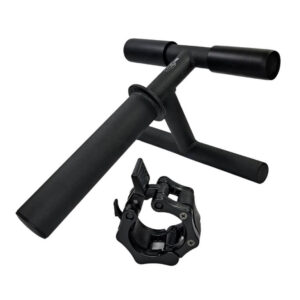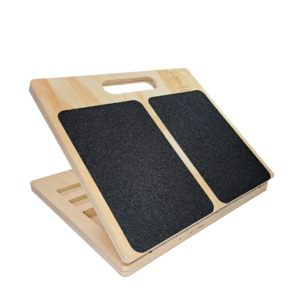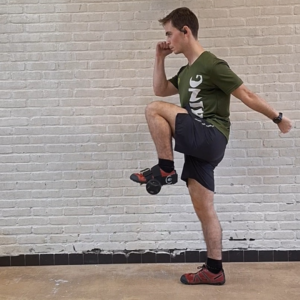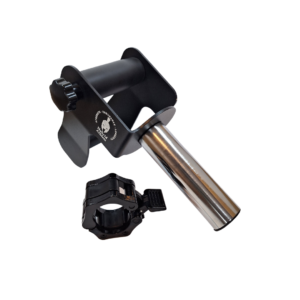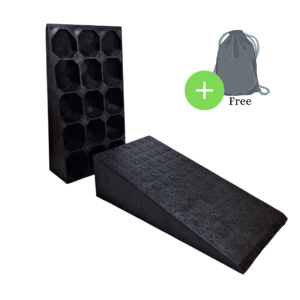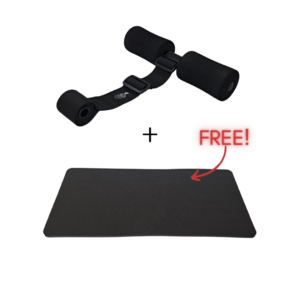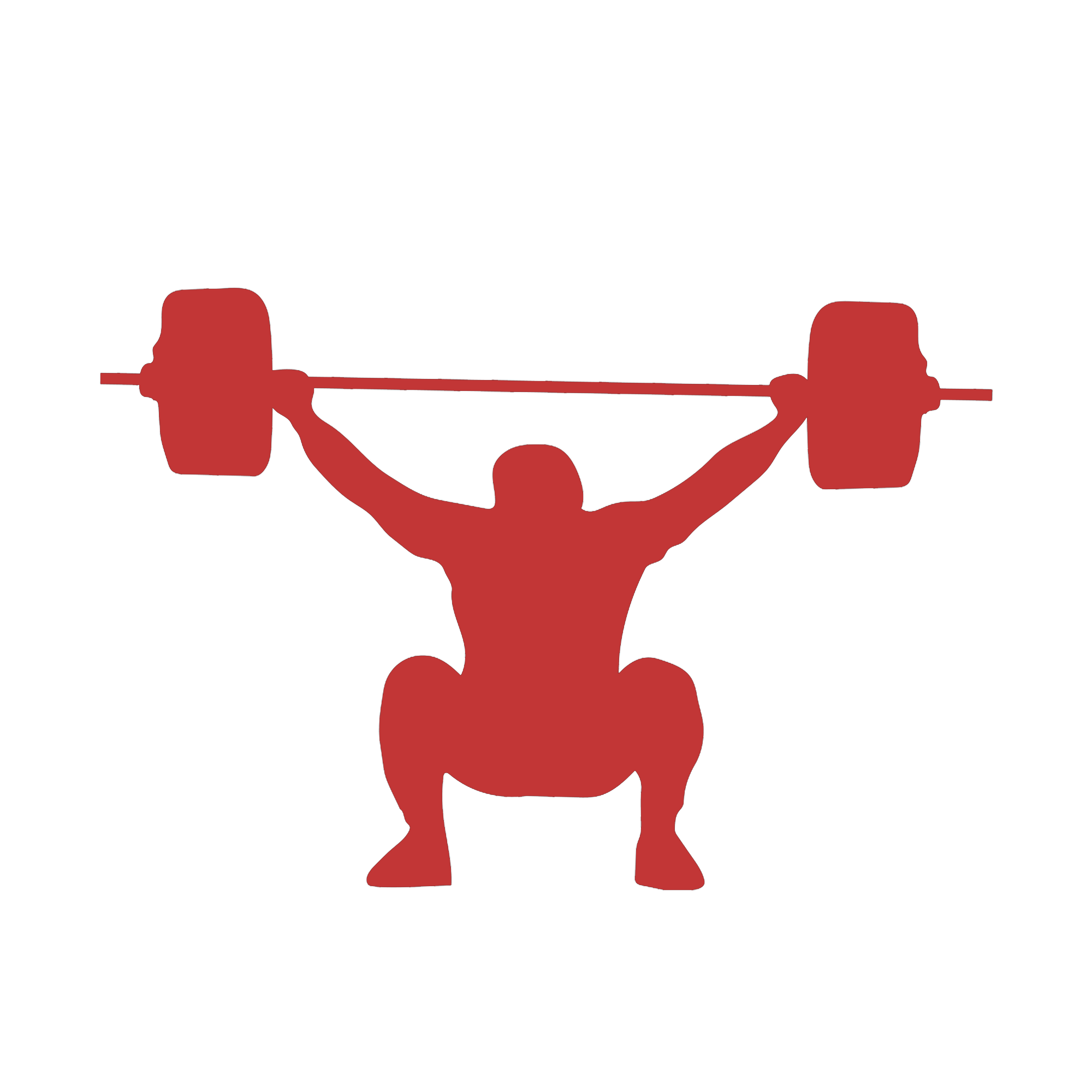
One can obviously have strength without mobility. Just go into your local gym and you will find at least a couple of bros that can lift heavy, but can’t scratch their back or squat ass-to-grass with ease.
But, can one be mobile without being strong? And what does mobility mean for someone who exercises regularly? Let’s check out how these two sides of the same coin relate to each other, and why you need to do mobility work. No matter the sport you’re into.
What Is Strength and How Do We Determine What’s “Strong”?
Getting into the philosophy of what the word “strength” means would take us way more than a blog. However, we can talk about it in raw terms. Think of it like this:
Strength is the force your muscles can exert through a certain movement.
When we focus on strengthening a single muscle (or localized muscle group) we are talking about isolation exercises. These exercises use only one joint to move (e.g. bicep curls go over the elbow joint).
On the other hand, we have multi-joint exercises, aka compound movements. These utilize multiple muscle groups and joints to execute a single movement (e.g. a barbell squat spreads the force through ankles, knees, hips, and even shoulders).
Unfortunately, we can train all these muscles and gain strength without tackling the mobility of the body.
So, what is mobility and how does it affect strength, if at all?
What Is Mobility and How Do We Define It?
Again, “body mobility” can be defined in various ways, depending on who you ask. However, there are some fundamentals that ring true in all athletic circles. And no, stretching does not equal mobility work. Think of it like this:
Mobility is the ability to move your body through the full range of motion of the movement in a controlled fashion.
However, this range of motion isn’t a given. Yes, genetics, lifestyle, general health, etc. all play a role, but it’s important to stress out that mobility is built. It involves pushing your muscles and joints to the range of motion limits, with control, of course.
What Are The Effects Of Mobility Training On Strength?
We can summarize mobility as – getting strong in the stretched position. Think of being in the “hole” while deep squatting. Is it comfortable being ass-to-grass? Can you hold the weight and not let your ankles and/or knees collapse? This is a question of strength, yes, but it’s controlled strength in the ROM position, which we may freely call – mobility.
So, to be mobile means to develop your body and learn how to utilize the strength in all (well not all) positions and directions. This brings tons of benefits, including but not limited to:
- Stronger joints and ligaments from controlled stretching (especially under load)
- Injury prevention thanks to the development of deeper and smaller stabilizer muscles
- Faster and more efficient recovery due to circulation and blood flow stimulation
- Improvements in posture and gait
- Pain reduction, especially around joints, shoulders, and spine
*Flexibility, even though it’s closely related, should not be mixed with mobility. Flexibility is another subject.
Can You Be Strong Without Being Mobile?
Technically, you can. But, if you want to be functionally strong, you need to work on mobility too. And this is not only for athletic purposes – it’s quite the opposite. Strong athletes who invest their time in mobility work:
- Break plateaus easier
- Recover faster
- Eliminate muscle disbalances
- Sustain fewer injuries
Strength vs. Mobility - The Verdict
At Hybrid Athlete, we strongly believe that mobility work is an absolute must, regardless of where you are on your athletic journey OR the sport you’re in.
Brute strength and explosiveness can only flourish once it’s done to the full range of motion, aka being strong in the stretched position.
So, stop waiting, and start your mobility work in your next workout session!
Get the best mobility gear for athletes:
Above all, a storyteller. Then comes marketing, branding, writing music, powerlifting, and woodworking.

